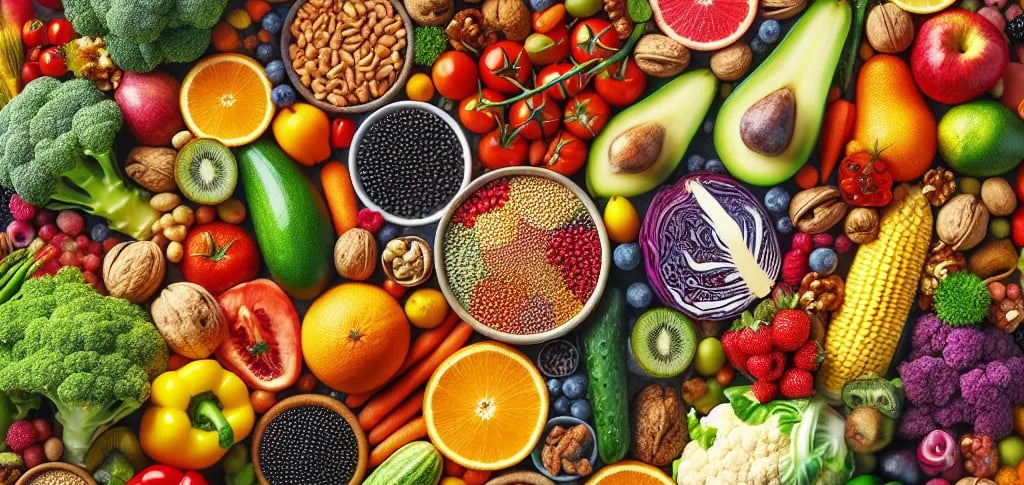The Impact of Vegetarian Diet on Varicose Veins Differs Between Genders


In a recent study published in PubMed, researchers investigated the relationship between vegetarian diets and the prevalence of varicose veins in men and women. Varicose veins pose a significant medical burden, with women generally experiencing a higher incidence than men. The role of dietary habits, particularly vegetarianism, in the development of varicose veins has been a subject of debate.
The study, which involved 9905 adults from the Taiwan Biobank, revealed interesting insights. While women demonstrated a consistently higher risk of varicose veins compared to men, the impact of a vegetarian diet varied between the genders. Surprisingly, vegetarian men exhibited a greater susceptibility to varicose veins compared to non-vegetarian men, indicating a potential link between vegetarianism and the development of this vascular condition.
The findings also highlighted a significant interaction between sex and vegetarian diets in relation to varicose veins. Women, regardless of their dietary habits, faced a higher risk of varicose veins. However, the study emphasized that male vegetarians were particularly prone to developing varicose veins, underlining the importance of considering gender-specific factors in the analysis of dietary influences on vascular health.
This research provides valuable insights into the complex interplay between diet, gender, and the risk of varicose veins. While the study reaffirmed the higher susceptibility of women to varicose veins, it shed light on a noteworthy association between a vegetarian diet and varicose vein risk, especially in men. Further exploration of these associations could offer valuable insights for personalized preventive healthcare strategies.
Source:
Title: The association between vegetarian diet and varicose veins might be more prominent in men than in women – PubMed
Source: Original Article Link
